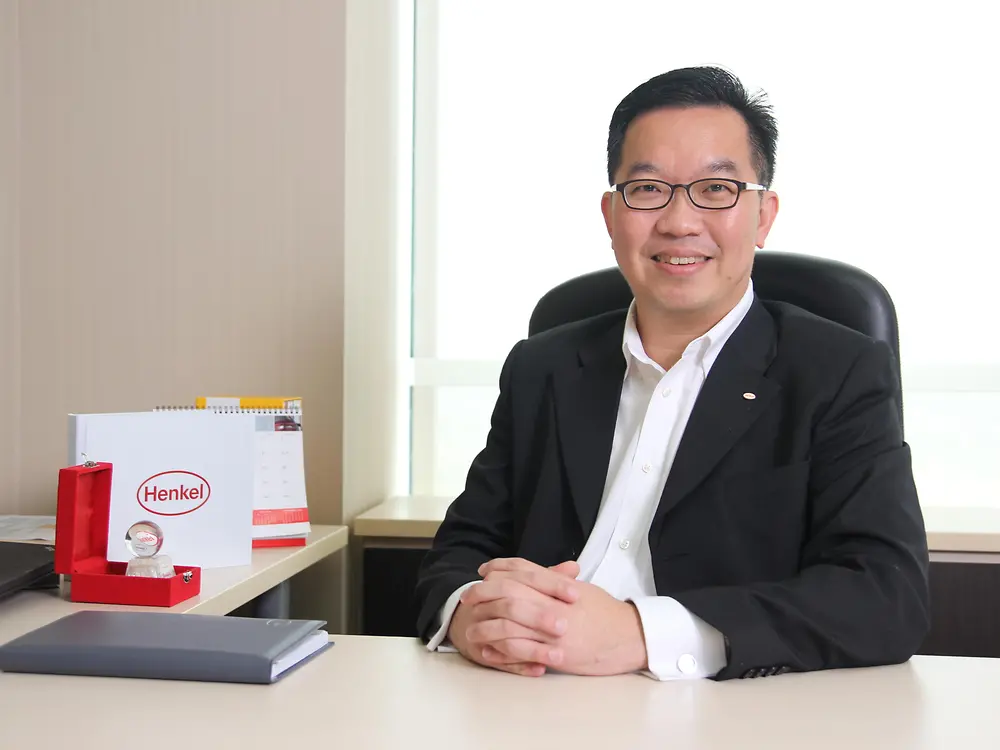Discover the brands and technologies from our business units Henkel Adhesive Technologies and Henkel Consumer Brands.
Mar 23, 2015 Jakarta
Changing Leadership Skills for a New World Well Suited to Indonesia’s Emerging Labor
It has been predicted that Indonesia, which is already in the top 10 of the world’s biggest economies, could become the fifth-largest economy in the world by 2030. This forecast of hyper growth over the next 15 years has put the talent shortage the country is facing in the spotlight and this shortage could get worse if not addressed.
A joint study by the International Labor Organization and Asian Development Bank revealed that, operating under the Asean Economic Community, Indonesia could face the scenario of having more than 13 million under-qualified workers in high-skilled jobs in 2025.
This potentially dire scenario of skills mismatch has raised alarm among senior executives, who have identified nurturing talent and leadership development as the top two people challenges in Indonesia, according to a survey conducted by The Boston Consulting Group (BCG) and the World Federation of People Management Associations. BCG also warned that Indonesia could face a severe shortage of middle managers by 2020, a situation which would hinder business performance and hurt employee morale.
The lack of managerial and leadership expertise doesn’t only concern Indonesia, but more generally affects emerging countries — which accounted for 44 percent of Henkel’s total sales in 2014 and where the company has set its sight to reach sales of 10 billion euros ($10 million) by 2016.
Previously mainly production, sales and marketing centers, Henkel entities in many emerging markets, including Indonesia, are now operating as strategic business hubs, working with customers and value-chain partners on long-term innovation and sustainability projects. Like Henkel, many companies in Indonesia are shifting and expanding toward higher value manufacturing and services. The changing business landscape — along with increasing connectivity and digitization, and a volatile global environment — are redefining the talent requirement for future business success.
More than ever before, there is great urgency to have good managers and leaders across the organization who possess the agility to adapt and innovate, manage changes and complex relationships, make decisions and inspire teams.
For this reason, Henkel has introduced five leadership principles, which provide the framework for the development and evaluation of its leaders. The principles are: lead myself, lead team, lead performance, lead stakeholders and lead change. They define the excellent leadership skills that Henkel aims to instill in its managers, globally and especially in emerging markets such as Indonesia.
Specifically, Henkel is accelerating its talent development program in order to fuel its management and leadership pipeline.
For example, high-potential employees in Indonesia participate in the Accelerated Growth In Leadership Effectiveness program with other high-potential colleagues in the Asia-Pacific region. By working in cross-cultural, cross-divisional teams on actual business cases and in close contact with the senior management teams over eight months, the program prepares these top talents to assume bigger roles and senior positions in the future.
Furthermore, as Henkel prefers to promote employees internally, our managerial team in Indonesia has grown over the past three years. This has also resulted in an increase in the share of women in managerial positions in Indonesia to 24 percent in 2014, from 10 percent in 2011.
For the business community and investors, the Indonesian government’s ongoing commitment and success in expanding and improving the quality of the country’s education system will provide the critical drivers for enabling a skilled and competitive workforce.
Companies, too, must play active roles by putting in place talent management programs tuned to the needs of a rapidly globalizing business environment. In this context, Indonesia’s workforce and industries can become competitive internationally, which is fundamental for anchoring the country as one of the world’s leading economic superpower.
The contributor is Allan Yong, President of Henkel Indonesia.
This article was featured in the Jakarta Globe newspaper on 23 March 2015.
Allan Yong, President of Henkel Indonesia.



